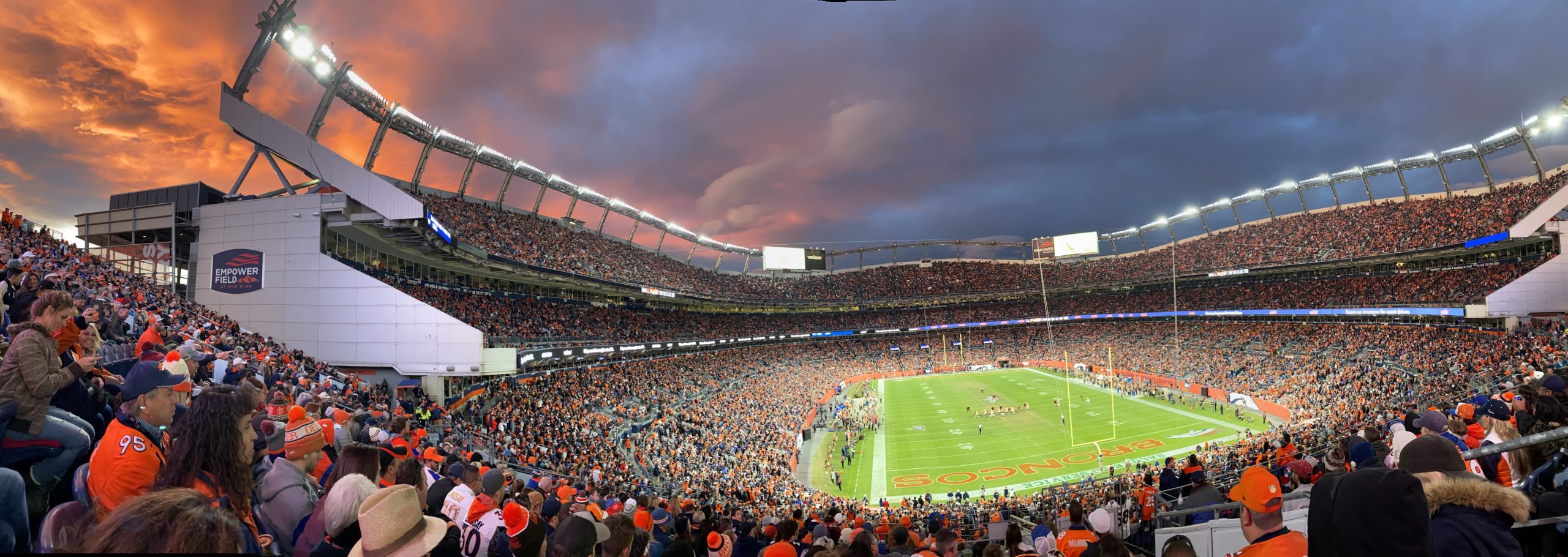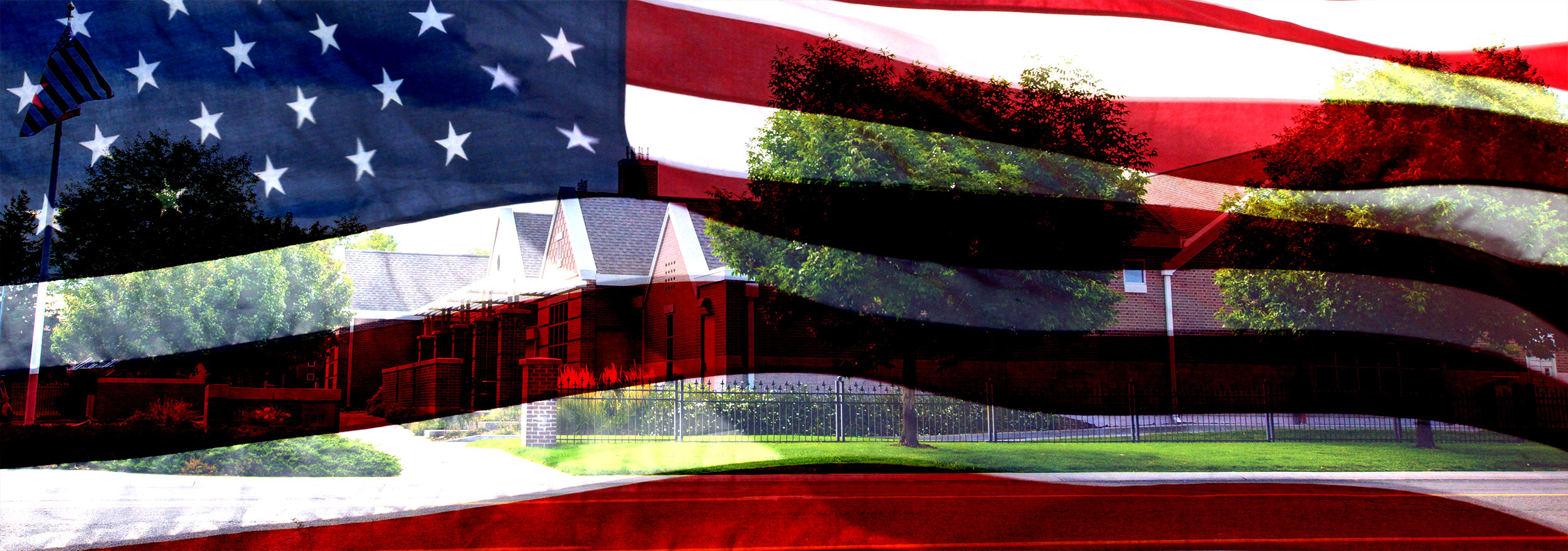In watching the Houston Astros Sign-Stealing scandal unfold, its punishments getting doled out, and the open resentment from other players in the league, the same question kept popping into my mind:
Wouldn’t it be possible to equip pitchers with a microphone that enables one-way communication to an earpiece in the catcher’s helmet? If the pitcher quietly speaks into the mic with the glove over his mouth, wouldn’t that stop sign-stealing?
I posed the question on Twitter and Facebook (and thank you to those who responded) and received many illuminating responses.
A quick primer to those not familiar with sign-stealing: when a batter’s at the plate, the catcher will relay a series of signals from his hands (typically between his legs) over to the pitcher, seemingly proposing pitches. The pitcher provides non-verbal responses in the forms of head shakes or nods, then throws the agreed-upon pitch. Sign stealing is when the opposite team tries to intercept and decode the signals, then relay them non-verbally back to the batter. Typically this has been done when there’s a runner on 2nd, but players and teams continue to be innovative in employing sign-stealing, with the Astros having team personnel monitor the signs real-time, relay it to the dugout, with players banging a trash can to get the message back to the batter. The scandal now has a Wikipedia entry if you want to learn more.
Technically, sign-stealing is considered cheating, but the culture of baseball tolerates it as long as you don’t cross an invisible line. Under the mantra, “If you don’t cheat, you don’t try.”, players continually innovate to find new and more effective ways to steal signs, which is what landed the Astros in hot water.
This brought me to the above question, wondering why can’t baseball incentivize teams to apply the same level of innovation to thwart cheating. With apologies to the people for not better representing their thoughtful comments, the gist of reasons were:
- Catchers are the ones that have all the knowledge and are instructing the pitcher on what to throw.
- It would be too much to ask of pitchers, especially relievers, to call pitches.
- Teams would try to intercept the transmissions.
- It’s not too much to ask teams not to cheat
For the sake of argument, let’s discard #4 and accept that teams will continue to push boundaries. As for point #3, football has been using play-calling radios for decades – and Patriots jokes aside – has not generally had a problem.
That leaves us point #1 and #2, which to a baseball skeptic like me translates, “It’s always been this way and it’s asking too much for pitchers to change”.
This is the crux of why I struggle with baseball. The double-edged sword of being steeped with tradition also has the ill effect of being resistant to new ideas and methods.
I’m not saying that the sport needs to force every team into doing this, but if they changed the rules to allow for this, you might see some teams taking advantage of the technology, even if it’s just for playing certain teams suspected of cheating. We’ve seen this play out in other sports. When a team finds success, the copycat league will try to adopt and further the methods. Instead, many baseball purists seem to accept that the players will work this all out, with their own form of vigilante justice – taking a few pitches to the ribs. At least through enabling and promotion innovation, you at least give teams an alternative than resorting to physical retaliation.
This also boils down to the fact that Commissioner Rob Manfred opted not to punish the players, in part to achieve their cooperation in the investigation, but also to avoid drawn-out appeals from the Players Union. There wasn’t a great solution to this, but as players have been reporting into training camps it’s been obvious that many harbor vast resentment towards current and former Astros. Perhaps Manfred should consider placing a permanent asterisk on the Astros 2017 championship. Outright stripping the title opens a can of worms (Who would get the title instead, no one? Do the players have to give back their championship rings?), but placing an asterisk allows people to view the 2017 World Series in their own light and allow history to ultimately pass judgement.
The way baseball views sign-stealing is not unlike hockey views fighting: they pay lip service to being against it, but through their inaction they don’t do anything to actually thwart it, relying on some invisible line. People then clutch their pearls after it gets crossed.
Ultimately this is indicative of the decisions that are relegating the National Pastime into a distant third in popularity. The NFL and NBA have their own sets of problems, but they don’t seem to be afraid to promote new ideas and innovation to help the game evolve. I get that baseball is a timeless, individual-statistics-driven game that favors the record books, but this seeming apprehension to evolution is going to be the sports undoing.


